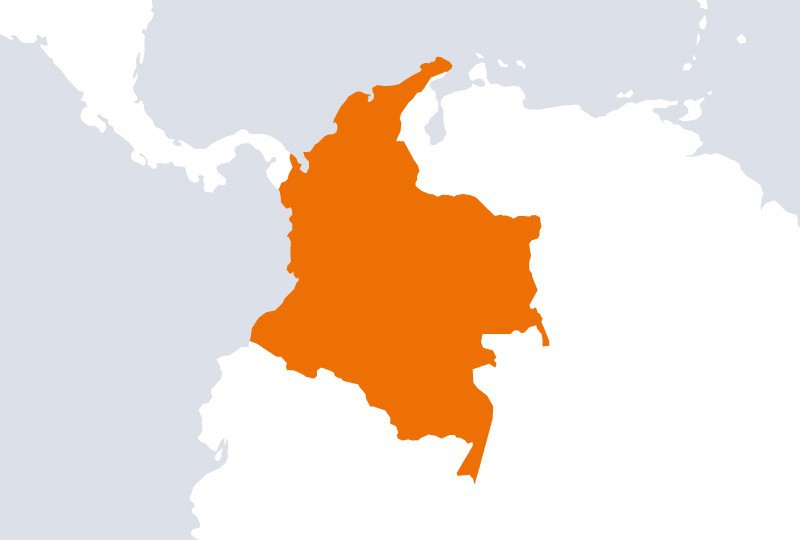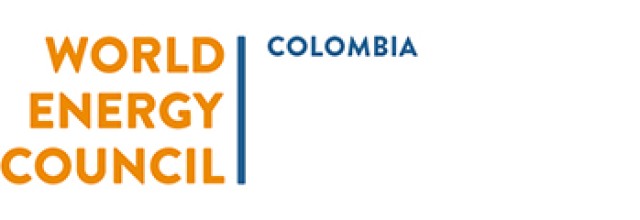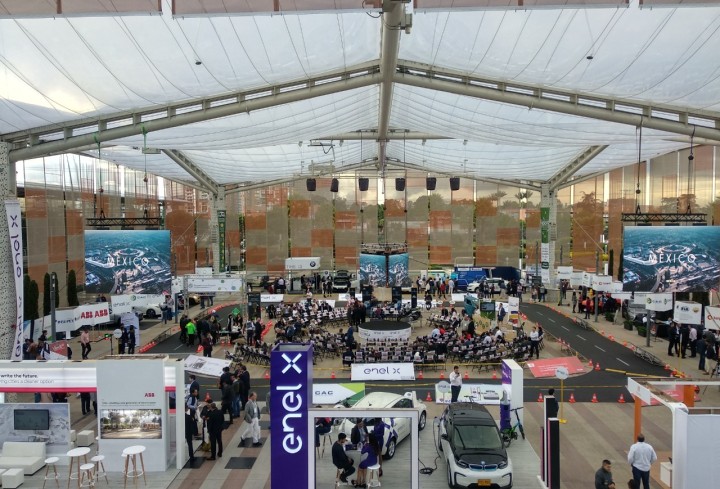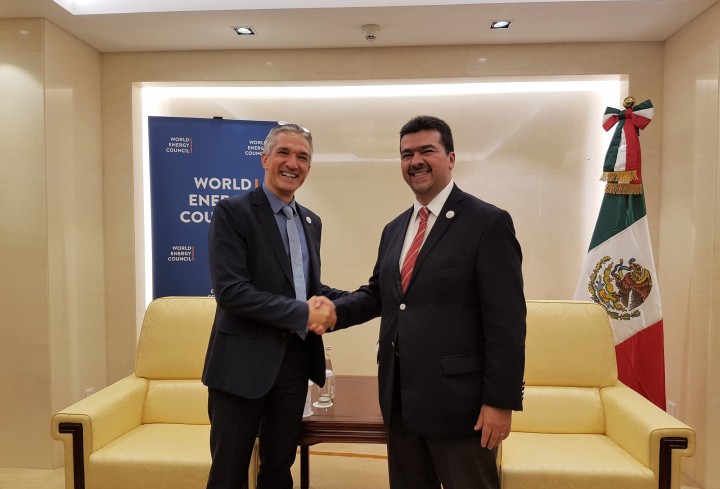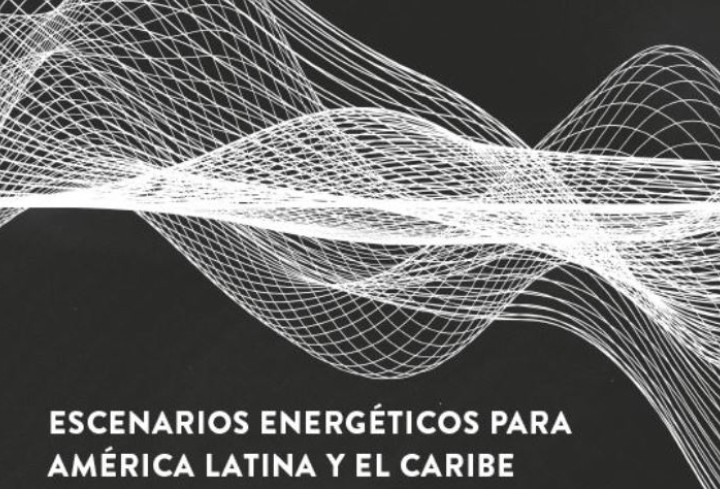The Colombian World Energy Council Member Committee aims to study and implement of projects aimed mainly at the rational use of energy resources in all its aspects, in order to promote sustainable energy development. These projects consider the production, transportation, distribution, marketing and use of energy for maximum benefit, taking into consideration global trends in regulation and minimizing environmental impacts. COCME’s mission is to promote the sources and sustainable use of energy to provide greater benefits for people.
José Antonio Vargas Lleras is the World Energy Council’s Vice Chair for the Latin America & Caribbean region and also serves as Chairman of the Colombian Committee of the Council. Since 2006 he has been Chairman of the Board of Directors of Electricity Distribution Company CODENSA and of Electricity Generation Company Emgesa, subsidiary firms of Enel-Endesa in Colombia. Dr Vargas Lleras has been Chairman of the Energy Commission for Regional Integration (CIER) and has held several managerial positions in many companies in the Colombian electric sector including the post of CEO of the Bogota Power Company. Professionally trained as a lawyer, and also a university professor, he has served as an Ambassador to the European Union and the Permanent Representative of Colombia to the World Customs Organisation.
Daniel Felipe Diaz Toro serves as Executive Secretary of the World Energy Council, Colombia and is in charge of the organisation. He holds two undergraduate degrees and two master's degrees. He has a Master's in Business Administration MBA from Eafit University and another in Energy Transmission and Distribution Engineering from Universidad Pontificia Bolivariana. He is an Electrical Engineer, as well as an Electronic Engineer from Universidad Pontificia Bolivariana. In addition to his role as Secretary of the Colombian Member Committee, he is a Professor of Energy Sustainability, R+D+I in the energy sector and Smart Grids.
Energy in Colombia
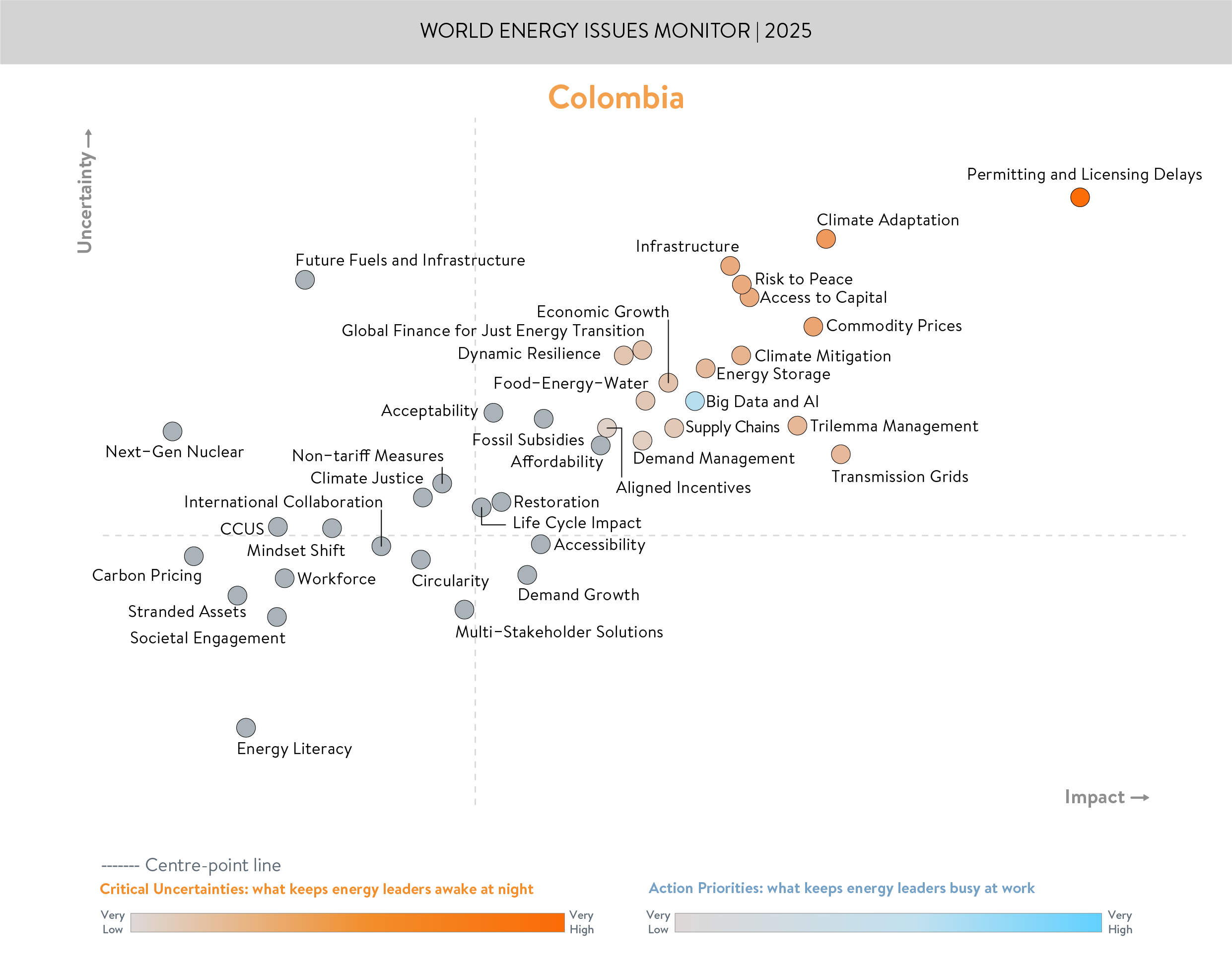
ENERGY ISSUES IN MOTION
In recent years, Colombia has made significant strides in diversifying its energy matrix and advancing its energy transition. The country currently has around 2,000 MW of renewable capacity in operation - primarily solar - and maintains a strong hydropower base, which accounts for over 60% of electricity generation. These achievements reflect a clear national commitment to decarbonization and energy resilience. Additionally, the outlook for the sector remains dynamic, with 19 new renewable energy projects expected to begin operations in 2025, representing over USD 500 million in investment.
However, despite this momentum, energy leaders still perceive critical challenges. The main concern remains the high level of uncertainty stemming from permitting and licensing delays, which continue to hinder the timely implementation of new generation and transmission infrastructure. This issue stands out among the “Critical Uncertainties,” as stakeholders identify persistent administrative and regulatory bottlenecks limiting the energy sector’s full potential.
Research shows that 47% of companies were unable to finalize their investments in 2024 due to environmental licensing hurdles, delays in connection approvals, and legal and regulatory instability. The top action priority remains access to capital, alongside supply chain resilience - essential to convert investment interest into realized capacity. While the investment climate has improved, significant barriers remain for non-incumbent players, who face challenges in accessing incentives established under Law 1715 of 2014.
Finally, although energy demand continues to grow steadily - reaching 82,121 GWh in 2024 with regional increases of 3.16% in the Caribbean, 2.43% in Antioquia, and 1.67% in the central region - supply has not kept pace. Execution gaps raise concerns about potential shortages between 2025 and 2028 if project development continues to lag.
FROM BLIND SPOTS TO BRIGHT SPOTS
One of the most notable blind spots in Colombia’s Issues Map is Energy Literacy. Despite being perceived as low-impact, energy literacy is crucial for achieving a fair and inclusive transition. A reduced population’s understanding of how the energy system operates - its costs, benefits, and implications - can hinder social acceptance of new projects, delay the adoption of clean technologies, and weaken public pressure on decision-makers.
Another underestimated issue is Mindset Shift, which involves transforming society’s relationship with energy. This cultural transition is essential to promote more participatory, decentralized, and resilient energy models.
In contrast, Colombia exhibits several bright spots that could serve as regional references. One example is the advancement in transmission and energy infrastructure expansion, which has been recognized as a clear priority with low uncertainty. Additionally, the country has consolidated a clean electricity matrix, with approximately 2,000 MW of operational renewable capacity and a hydropower base accounting for over 60% of total electricity generation. These characteristics position Colombia as a regional leader in power sector decarbonization.
ADDRESSING CRITICAL UNCERTAINTIES TO BALANCE THE WORLD ENERGY TRILEMMA
In Colombia, the challenges affecting the balance of the Energy Trilemma - energy security, energy equity, and environmental sustainability - have deepened due to persistent structural barriers and the lack of enabling conditions for an orderly and inclusive transition.
Energy security is at risk due to growing uncertainty around delays in permits and licensing, which hinder the timely entry of new generation projects, many of which are renewable. This situation not only obstructs the diversification of the energy matrix but also increases the likelihood of supply deficits between 2025 and 2028. In addition, the lack of sustained investment in infrastructure, particularly in transmission, limits the system’s ability to respond to demand growth rates exceeding 2% annually.
On the other hand, energy equity faces challenges related to limited access to capital, especially for emerging developers, rural communities, and non-interconnected zones. Although Colombia has a regulatory incentive framework (such as Law 1715 of 2014), administrative barriers and legal uncertainty prevent these benefits from reaching all players equally. This perpetuates inequalities in access to modern energy services and slows local innovation.
As for environmental sustainability, Colombia acknowledges the urgency of advancing climate adaptation measures, especially in the context of vulnerability to phenomena such as El Niño, which directly affects hydropower generation. However, this need is still perceived with high uncertainty, which can hinder proactive planning and investment in resilience. Furthermore, the reliance on external supply chains for clean technologies poses additional risks, particularly amid geopolitical tensions and global constraints on critical minerals.
In this scenario, Colombia must accelerate the implementation of solutions that simultaneously address the three pillars of the World Energy Trilemma. Overcoming institutional hurdles, diversifying financing sources, and strengthening infrastructure and climate resilience are essential steps toward a more balanced, fair, and sustainable energy system.
In summary, although Colombia has made tangible progress and implemented a regulatory framework that has attracted investment in renewables, structural bottlenecks continue to obstruct execution. Addressing these barriers requires stronger energy governance, faster regulatory decision-making, and the creation of enabling conditions for investment and innovation.
The path to a safer, more equitable, and more sustainable energy system in Colombia will depend not only on infrastructure and finance but also on a profound cultural shift, institutional transformation, and the way social consensus is built.
Acknowledgements
Colombia Member Committee
Downloads
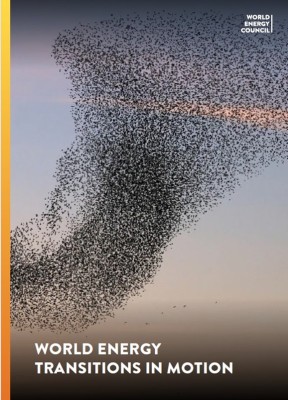
Colombia World Energy Issues Monitor 2025 Country Commentary
Download PDF
World Energy Issues Monitor 2025
Download PDF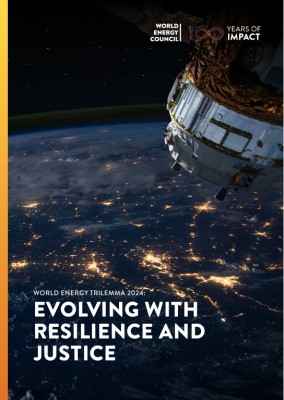
Colombia World Energy Trilemma Country Profile 2024
Download PDF

